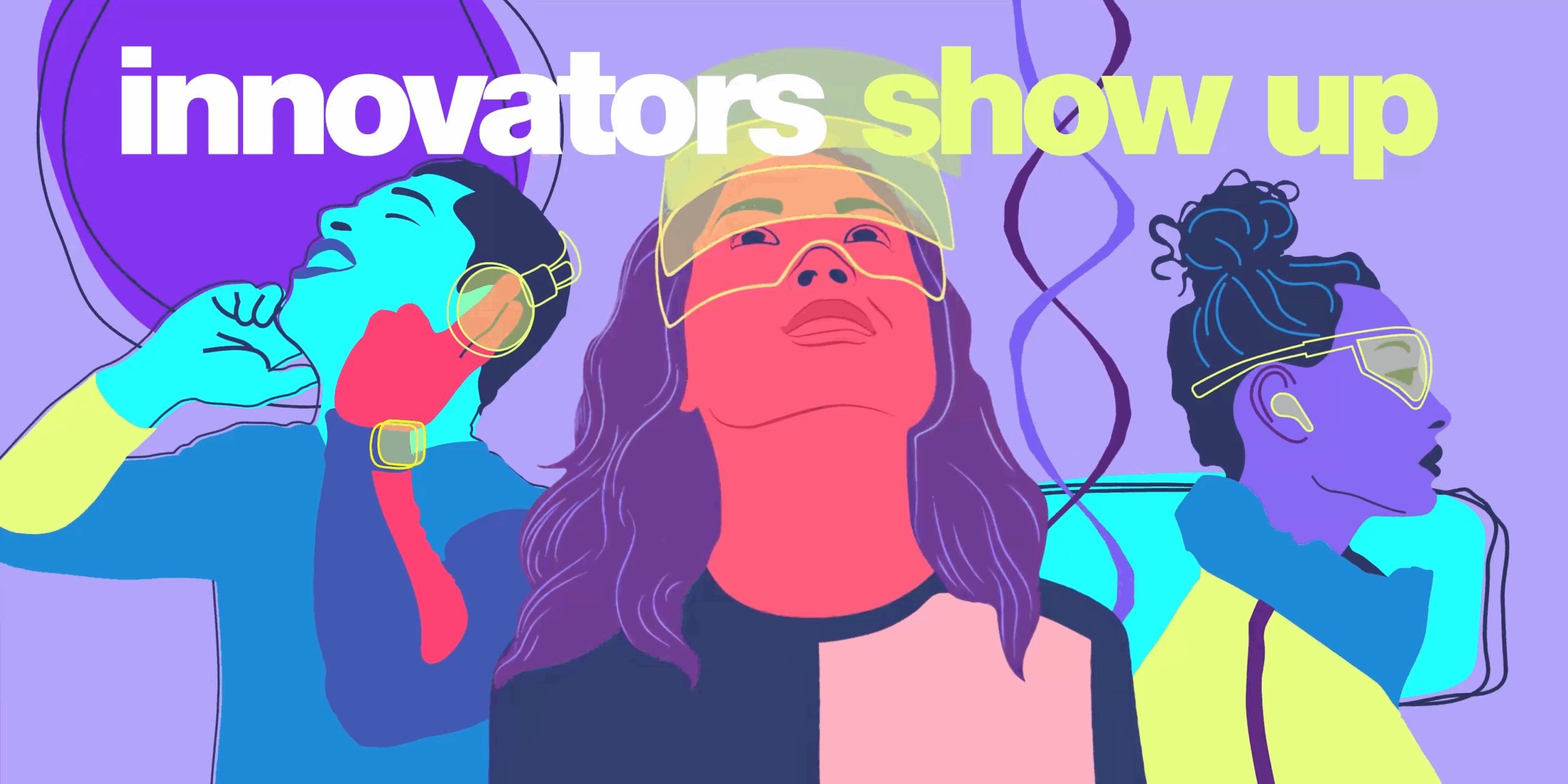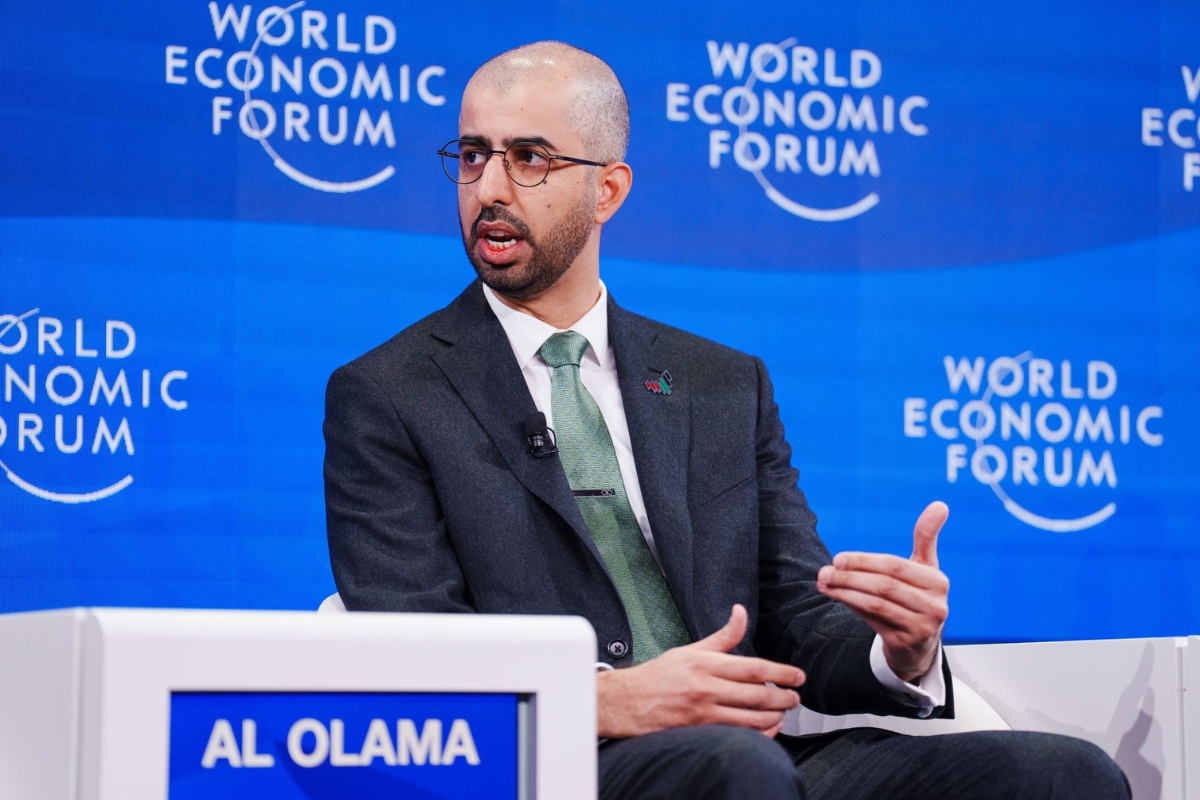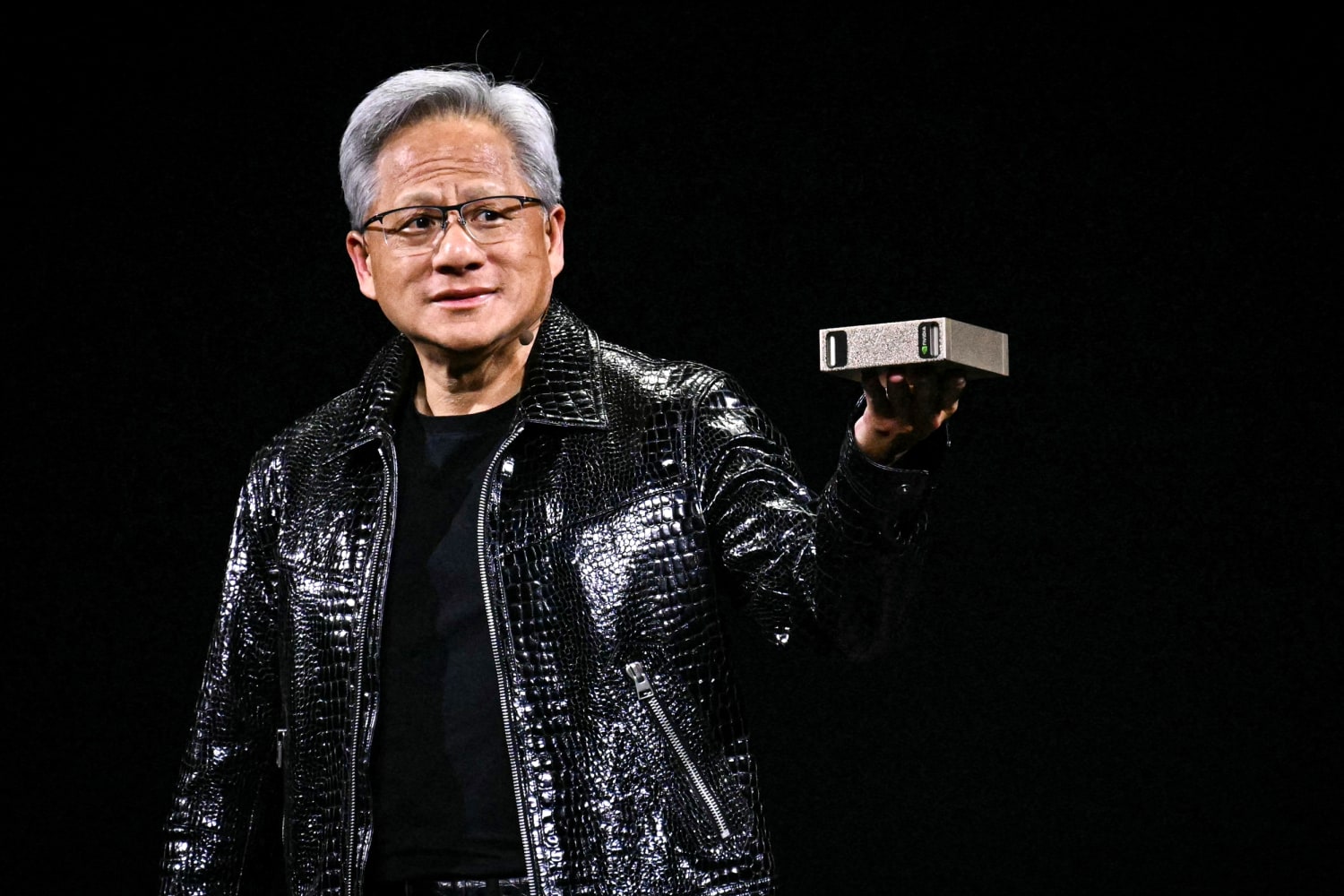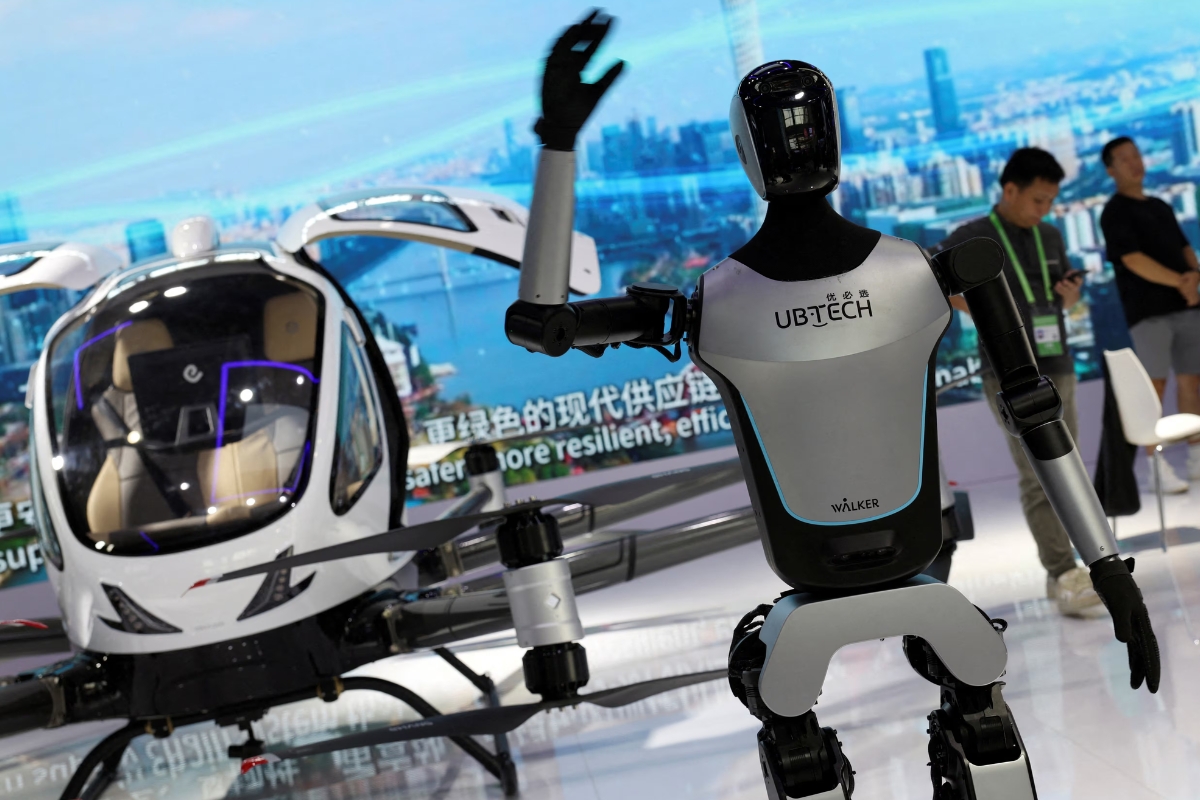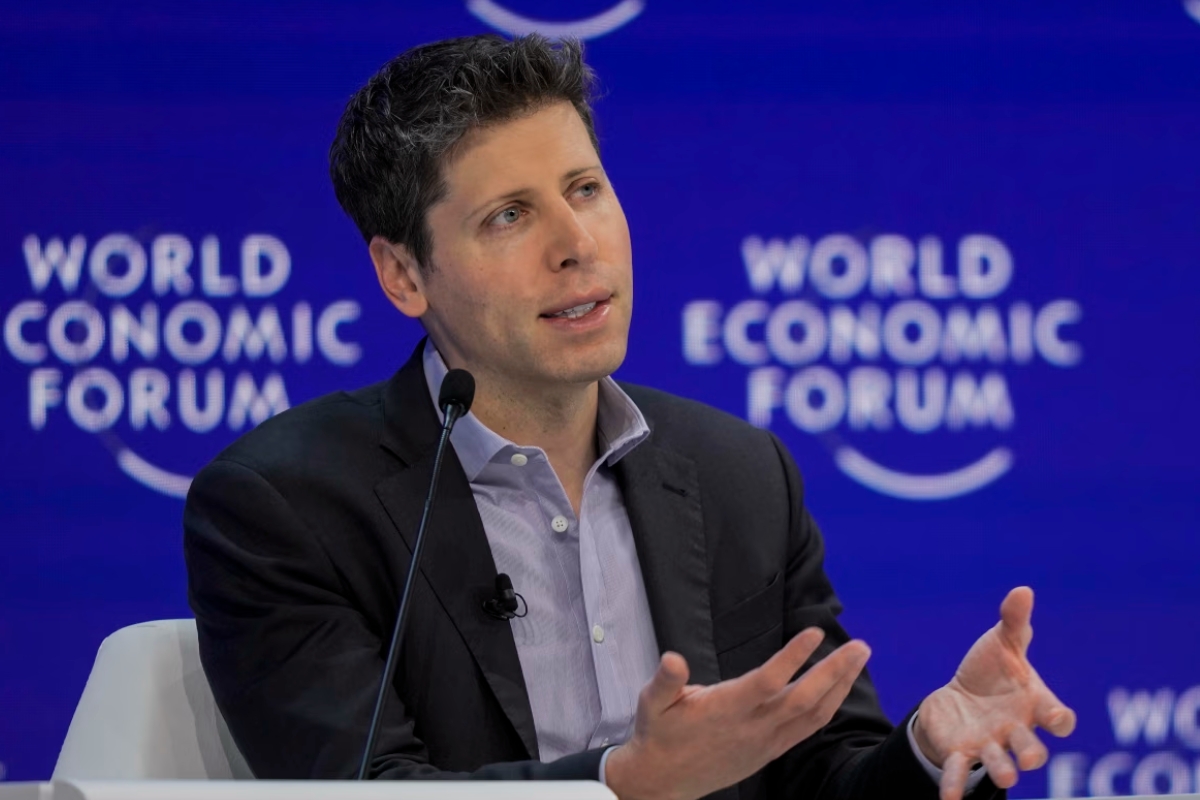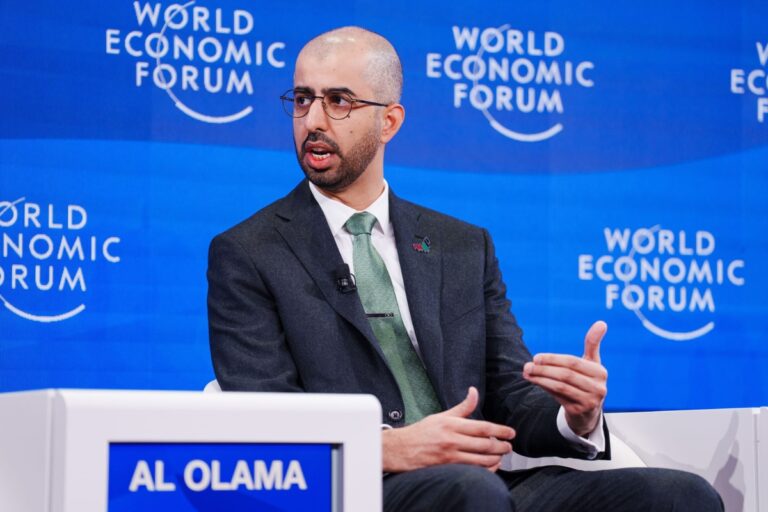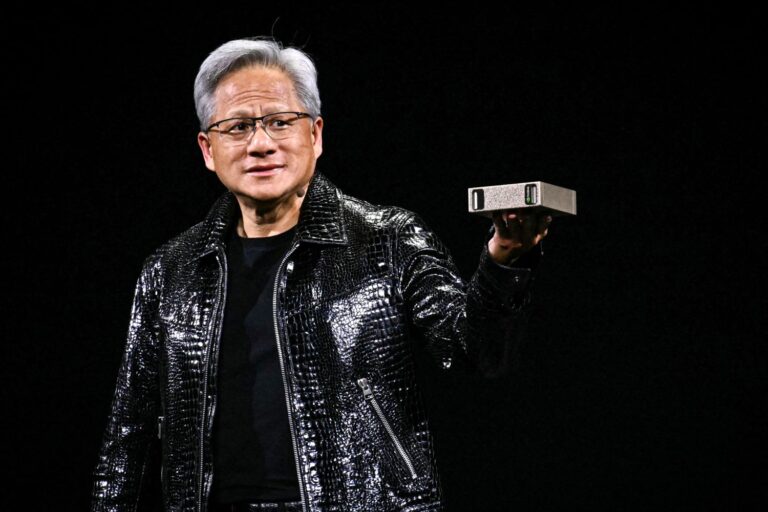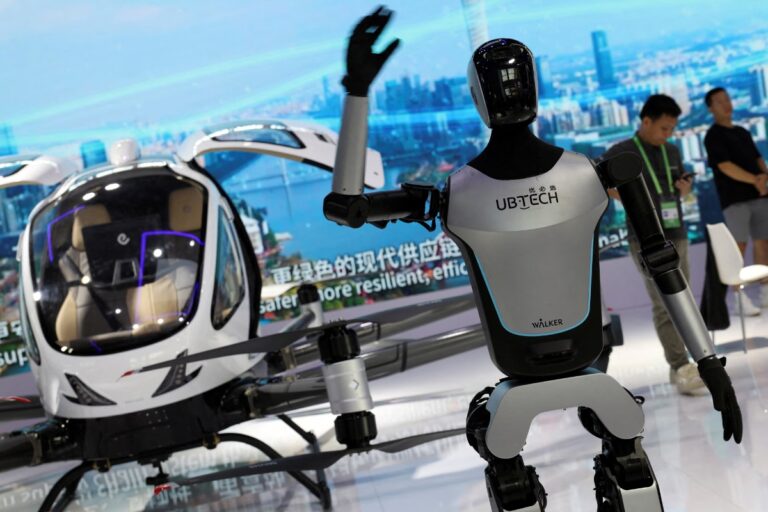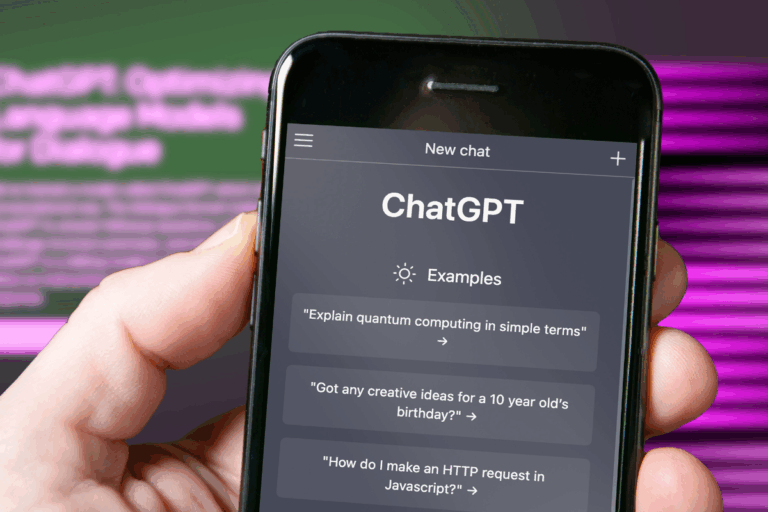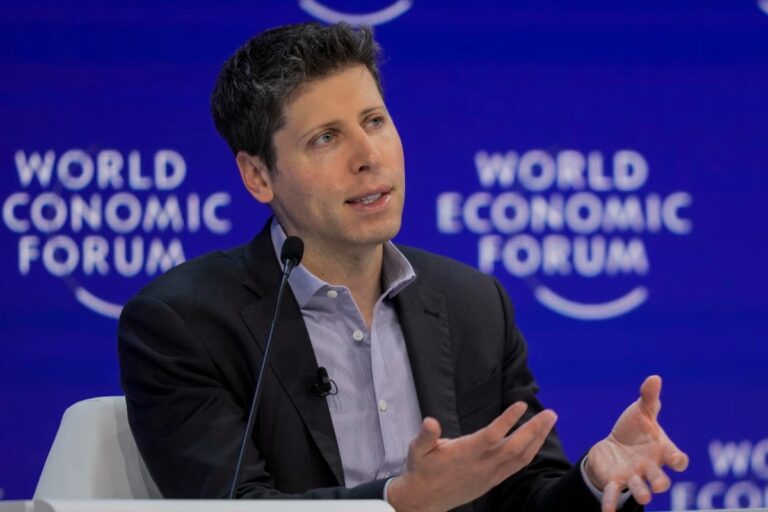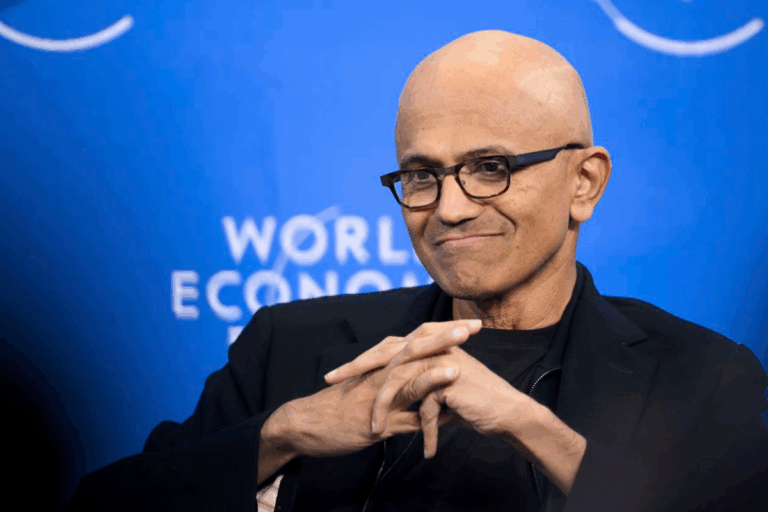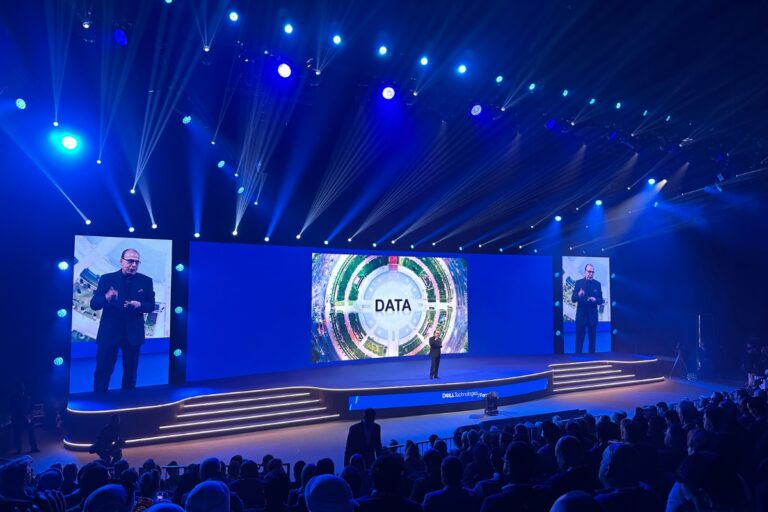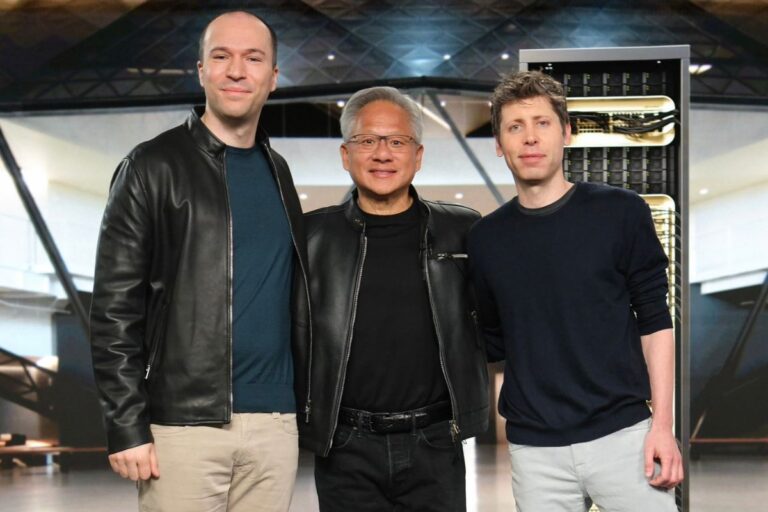Because of AI, Managers Are Returning to In-Person Job Interviews

The job market is seeing a growing return to in-person interviews as companies try to counter a wave of AI-driven cheating in the hiring process. After the pandemic and the rise of remote work made virtual interviews the standard for first-round meetings, the rapid spread of generative AI tools has prompted more employers to bring back face-to-face evaluations to verify skills and authenticity in ways that digital screens cannot provide.
Hiring managers and workplace experts say this shift is partly a response to candidates using AI tools to craft answers or even complete technical challenges during online interviews. But beyond real candidates cheating with AI, many cases now involve fake applicants entirely, with hiring managers finding themselves speaking to AI chatbots pretending to be human.
Many recruiters now use detection tools that flag suspicious behavior such as unnatural pauses, off-camera activity, or responses that don’t match real-time thinking. Some candidates even try to avoid being seen by claiming their camera is broken, asking to continue the interview by voice only. Yet even with these tools, some job seekers have become more sophisticated, using software that modifies live video feeds to make it look like they are looking at the screen while secretly glancing elsewhere to cheat.
In June, Google CEO Sundar Pichai said that his company ensures at least one stage of every hiring process takes place in person “to make sure the fundamentals are there.” Other major companies, including telecom giant Cisco and consulting firm McKinsey, have adopted similar policies.
AI-driven cheating is most common in technical roles, particularly in fields like software engineering, where interviews often include coding tasks or logic challenges. Recruiters report candidates using secret programs to generate code or answers, sometimes buying time by coughing or mumbling while waiting for AI-generated responses to appear.
While hiring an unqualified candidate through AI assistance can be damaging on its own, a bigger concern is cybercriminals using deepfake identities to gain access to company systems. Several alarming cases have surfaced where “applicants” turned out to be AI-generated faces and voices tied to stolen or fake identities. Some of these incidents involved hackers and foreign intelligence agents gaining access to sensitive organizations with high security clearance.
Managers have responded to this new threat in different ways. Some now require biometric or digital ID verification before and during interviews, while many others have made in-person meetings a mandatory step in the hiring process. Experts believe video interviews will not disappear entirely, but their dominance is clearly starting to fade.

